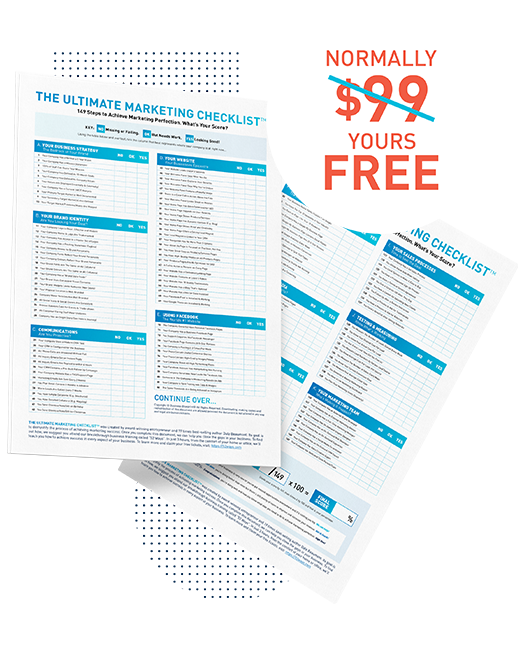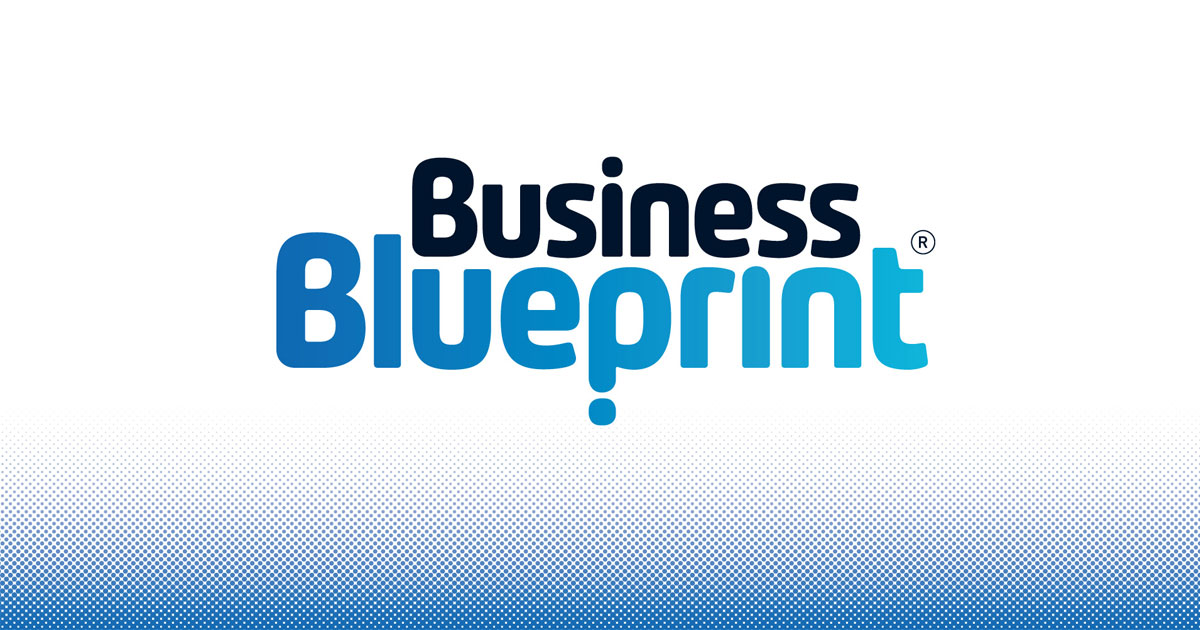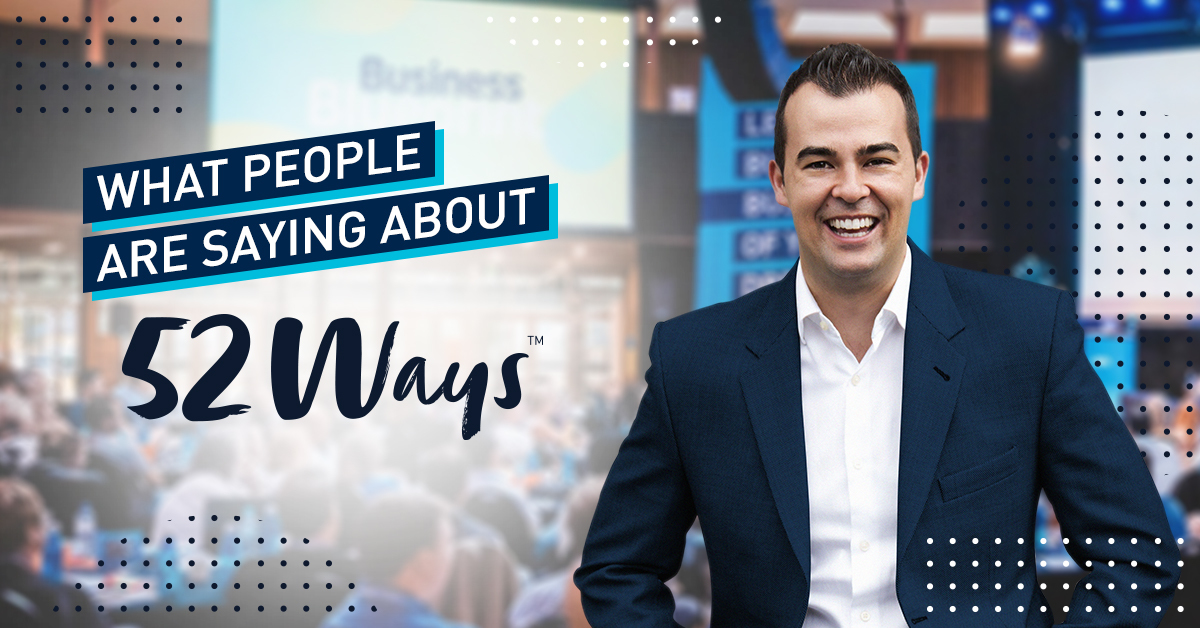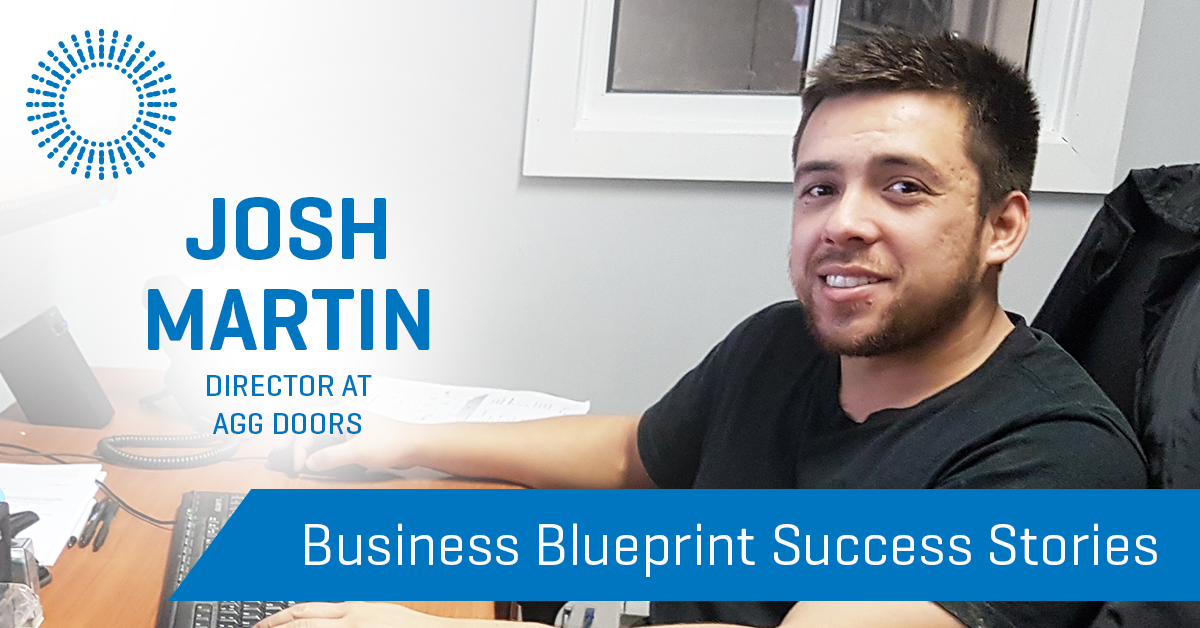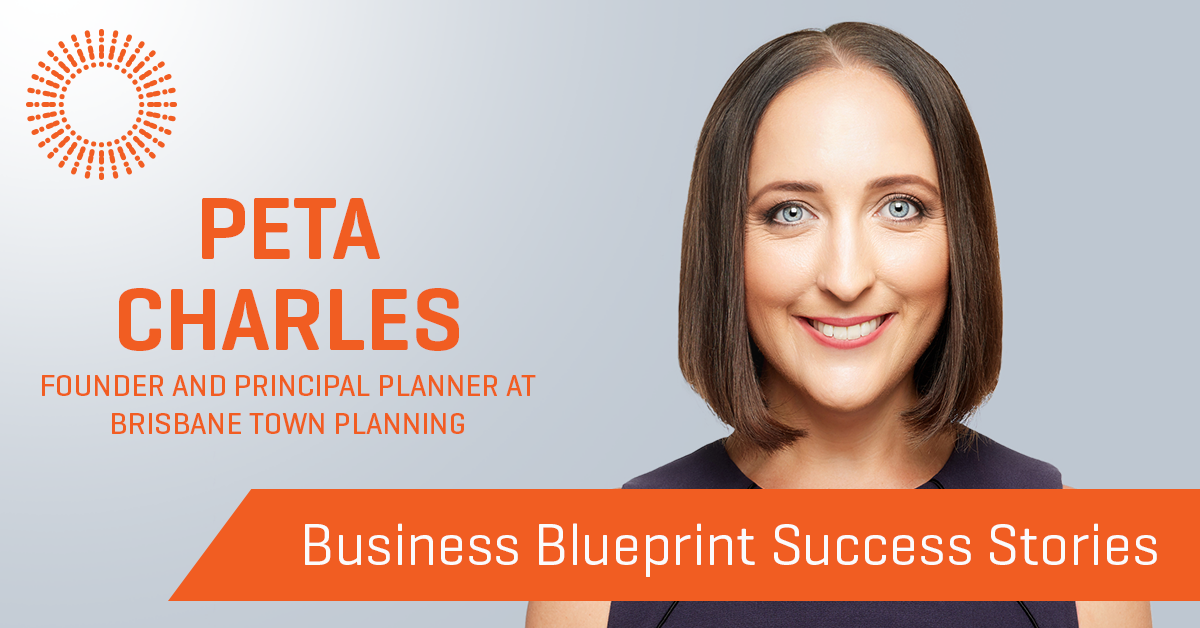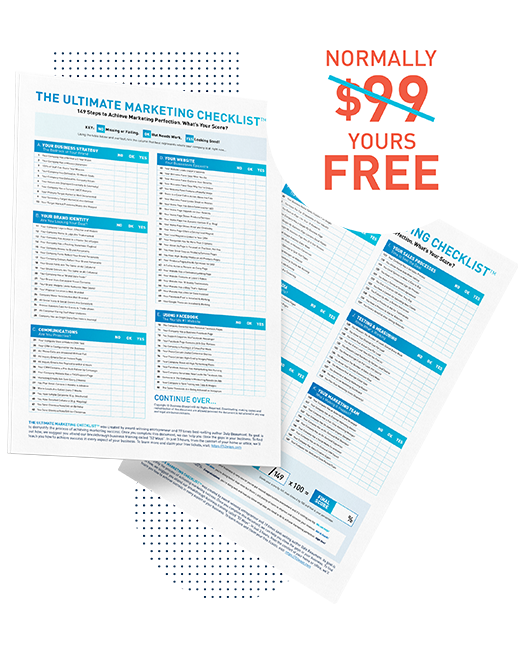Want to do know how to be a great marketer? In this snapshot of an interview between Dale Beaumont and Stuart Gordon, you will learn what it takes to be a great marketer. Take some time and learn from someone who has been in your shoes and has found great success.
After a year-long stint as a sales representative, Stuart founded Giant Promotional Products in 1997. Giant provides promotional products to a wide range of companies in industries as diverse as IT, banking, insurance, finance and automotive.
What are your top tips for becoming a great marketer?
- Remove risk – in any transaction someone will bear most or all of the risk. Often it is the customer who bears the risk because they are not sure whether the product or service will suit them or work at all. As a result they resist buying what you have to offer. I recently saw an advertisement for a Sony Handycam, a top-end $2,000 product, which invited prospects to take the camera home for ten days and then either buy or return it. All of a sudden the customer is in the driver’s seat and some of the risk is removed. After ten days, the seller hopes that the item becomes indispensable for the customer and that they realise how much they need it. Imagine a customer looking at a dozen options, brands, features and formats for video cameras and then discovering the Sony Handycam with its risk-free ‘take me home and try me’ offer. Which camera would you choose?
- Look beyond advertising and branding – marketing is more than advertising and branding; it’s everything you do. It needs to be about the whole experience that a customer has when they deal with you. For example, my cable modem was recently hit by lightning and I needed a solution that would get me up and running immediately. I checked around and located a popular brand of wireless broadband that promised me everything I wanted. Their offer was communicated clearly on their packaging, in their store and on their website. It seemed perfect. Well, it wasn’t. There were several obstacles that diminished the experience (to be polite!) which included filling out a multi-page registration form online that consistently crashed at the last page, tech support that was closed during the hours it was meant to be open, very long waiting times to speak to people – and cancelling my service has also been difficult because emails go unanswered. These experiences completely negated the effect of their positive marketing and advertising efforts. Remember that the experience the customer has when they deal with you is also part of your marketing and needs to match the promise you make.
- Put yourself in your customers’ shoes – we recently carried out an exercise at Giant where we looked at all the points of contact that a client has with us – from an initial enquiry, to receiving quotes, to approving layouts, to delivering and following-up. We broke it down into eight stages and compared what the customer expected at each stage with what we gave them. Despite being in the industry for 16 years I learnt a lot from this process. By asking ourselves about the customer’s mind-set at each point of interaction we revealed some simple things that we could do to improve the customer experience. For example, during our production process (which can vary from a few days to a few months, depending on the project) we knew what was happening with an order but our clients didn’t. So we realised that when everything was running to schedule, we needed to tell the clients that everything was okay. It was simply a matter of pre-empting how the customer was feeling at the time – they wondered how their order was going, but sometimes not enough to pick up the phone and ask. A quick email from us reassuring them that everything was on track was all that was needed. Is this marketing? Yes! It is managing the customer experience and it is an important piece of marketing.
For more of this interview check out Dale’s “Secrets of Marketing Experts Exposed!“.
